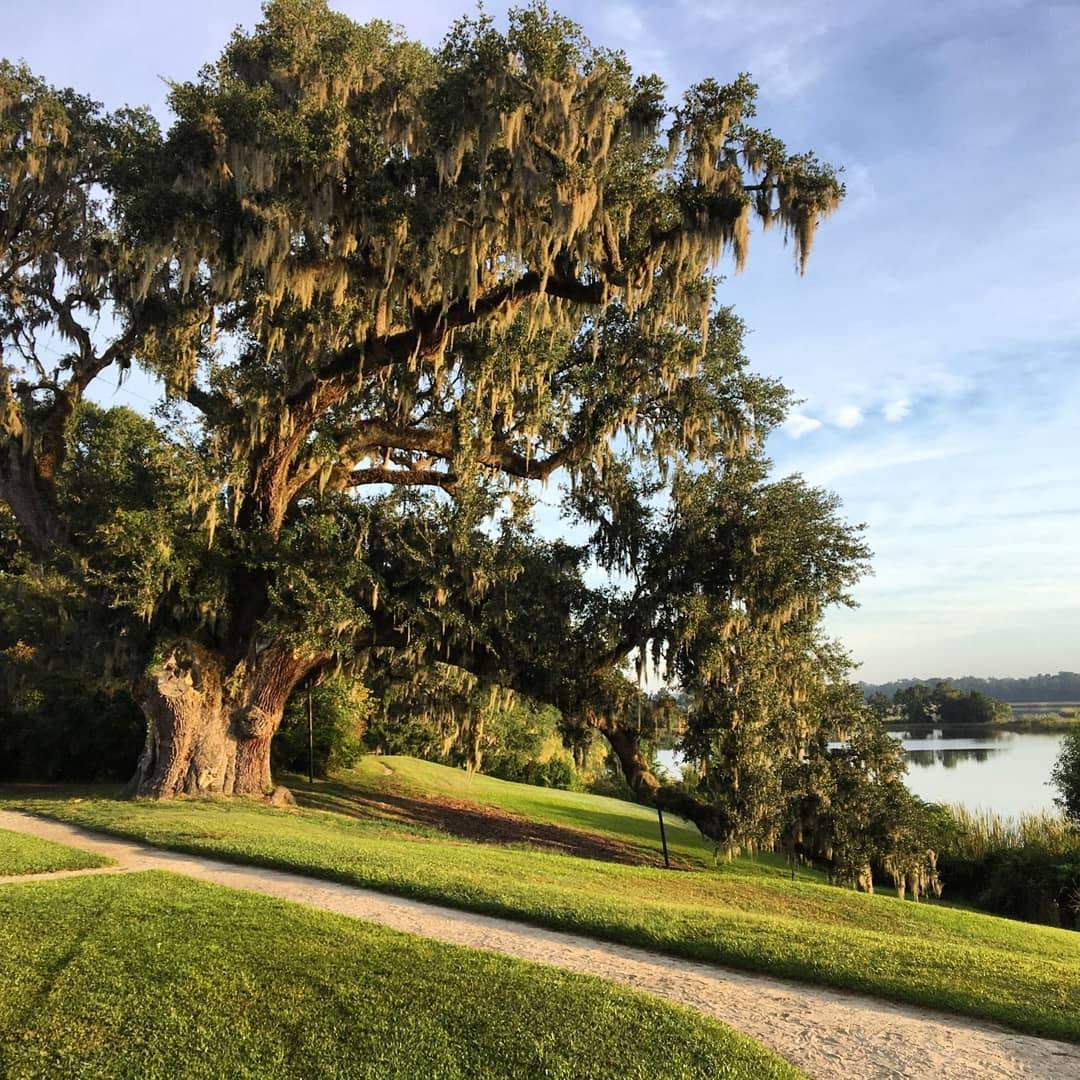
Local control key to Lowcountry’s future – Our 65th Anniversary
This year marks the 65th anniversary of the Gaylord and Dorothy Donnelley Foundation, based in Chicago, but also with deep roots in the Lowcountry. Believing in the paramount importance of place-based efforts, over the past several decades the foundation has invested tens of millions of dollars in local land conservation efforts as one of our primary mission areas. Over the past 30 years, I have had the privilege of participating in promoting a balanced approach to the Lowcountry’s dramatic growth, first as a grantee of the foundation and now as its executive director.
Last week, we gathered at Charles Towne Landing with over 75 of our grantees and other conservation partners to celebrate successes, take stock of where we are, and look to the future. It was a good opportunity to reflect, at a time of some major new challenges, on how our efforts have benefited communities throughout the Lowcountry. It is worth emphasizing that action based on the local passion for a compelling landscape is the prime mover here. There can be no doubt that conservation is a key part of why the Lowcountry is heralded as such an extraordinary and attractive place to live or visit.
The reflection at the gathering both energized us and provided some sobering insights. Certainly, extraordinary progress has been achieved at the local level. There are well over a million acres of publicly and privately protected forests, wetlands and recreational open space in the nine coastal counties we serve. Equally dramatic is the projected population growth rate, not only for the Charleston region, but also for Beaufort/Hilton Head and the Grand Strand areas. So, what have we learned that will serve us well on the path forward? How can our success and the key opportunities be communicated to a much wider constituency? Ultimately, what is the “glue” that can best hold this all together?
To me, the answer is reflected in the iconic term “Lowcountry,” which evokes such a strong sense of place. Our regional fate is primarily a matter of local action, not one that Washington, D.C., ultimately can make or break. An important example is the local funding for open space programs in several of our counties. Progress will continue through collaboration among citizens, businesses, and local governments finding common ground rather than reasons to disagree. To do so, we must foster a sense of common purpose across the political, economic, and racial divides that garner so much attention these days.
This is not to discount the importance of state and federal funding and other incentives as an accelerant for conservation progress. And, we can’t ignore the raging political debates now under way. Important programs, including critical stewardship funding streams, are currently in question in both Washington and Columbia. These include programs that fund acquisition and restoration of both public and private lands at the Department of Interior and Agriculture including under the Farm Bill, Clean Water Act, and others. The same is true for critical programs at the state level. Having been on Capitol Hill twice in the past few weeks, the sense I get is that if enough voices speak up with conviction, the essential programs that leverage millions of dollars in the Lowcountry, will be continued at or near current levels.
With explosive growth continuing at the local level, job one, whether one identifies as a conservationist or not, will be maintaining the quality of life that is the key to our future prosperity. Nurturing this extraordinary sense of place must come with a clear definition of where the urbanized areas end and the rural lands begin, while valuing the importance of both. The greenbelt concept, baked into the Charleston regional plan, should be respected, and similar concepts applied to growth planning in our other coastal urban areas to the north and south. This cannot be accomplished without wise choices for spending our public infrastructure dollars, including for roads and water utilities. Equally important, we must find new approaches to sustainable development in the more rural, less affluent, parts of the Lowcountry that lie beyond the urbanized regions.
To be successful, we must be able to recognize, and more readily communicate, the value of nature and open space — what is now referred to as “ecosystem services.” The list is very long, and noteworthy that the benefits derive from stewardship of both public and private lands.
At the most basic level are the essential life supports provided by clean water, clean air and the food and fiber we require. Many of us viscerally experience the health benefits of being outdoors whether hunting, fishing, observing, hiking, paddling, or swimming. This is closely tied to the sheer beauty we find in nature, including the uncluttered vistas we experience on land and water. On a more technical level, there are the water quality and floodwater retention provided by our wetlands and the carbon storage capacity of our woodlands. Add to all this the studies by economists that highlight the reduced strains on our tax coffers that go along with avoiding haphazard development. All of this adds up to the extraordinary benefits of living in the Lowcountry that generates new businesses and brings in tourist dollars.
Last, but not least, there is the question what we will tell our grandchildren about our legacy choices in an era of sea level rise, changing weather patterns and increased storm events. Yes, we do call it the Lowcountry for a reason! Our deeply held values around community and heritage can and must be reconciled with an increased focus on long-term planning to address phenomena that are now readily apparent. This is true no matter how we each characterize our own core values. To do this, we must recognize that the benefits of thoughtful action are in the here and now, and that they far outweigh the costs.
Now, more than ever, land conservation is a linchpin in our quest to create the next chapter of prosperous, resilient communities across the Lowcountry. We all need to speak clearly that these efforts are not any more of a luxury than support for education, health care and other social services. I hope the Foundation will be engaged for the next 65 years as our diverse local Lowcountry communities continue to figure it out together.


Sorry, the comment form is closed at this time.